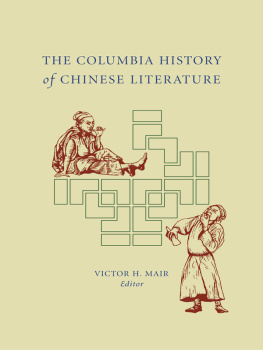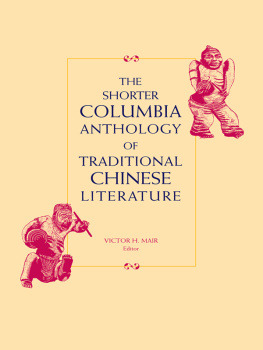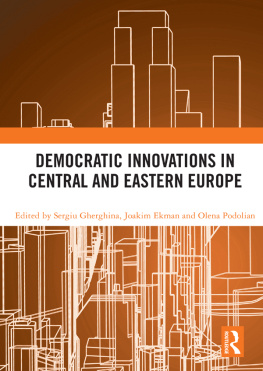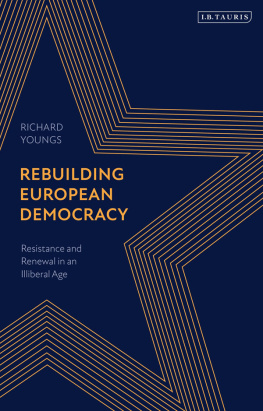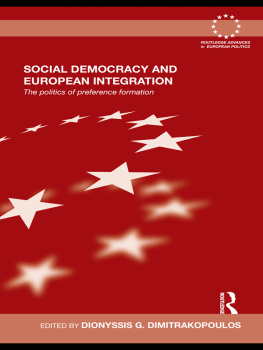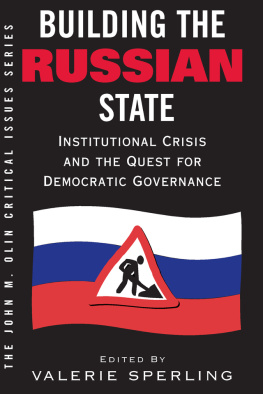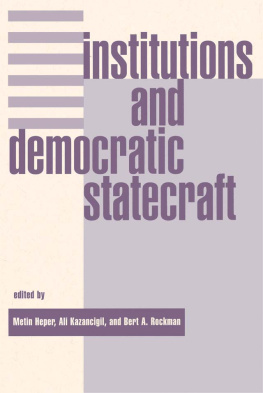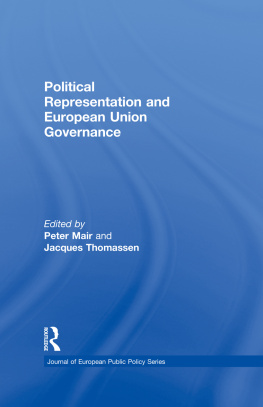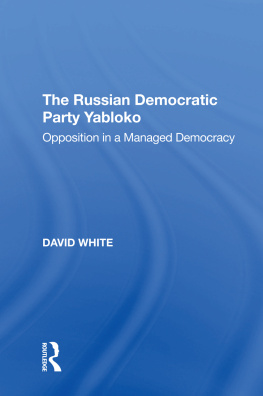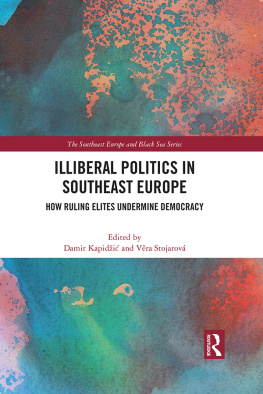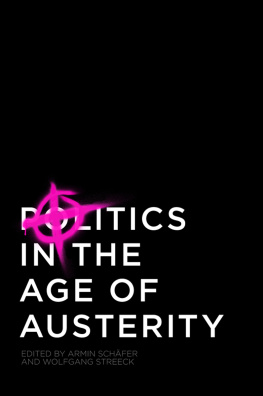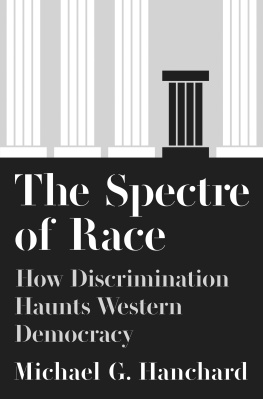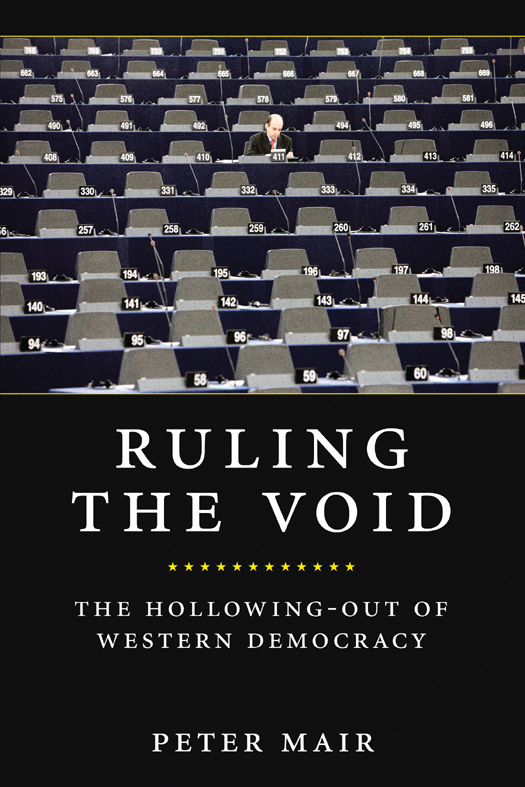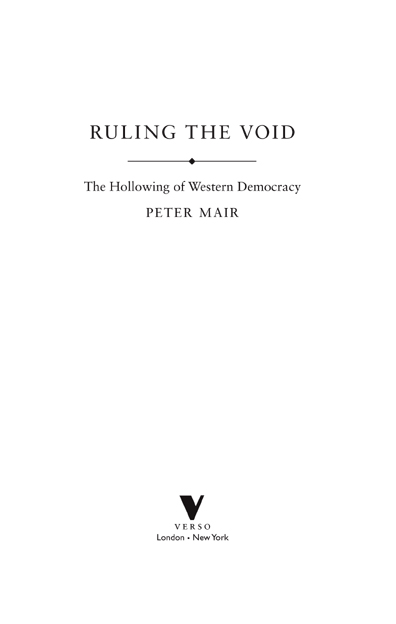Verso wishes to acknowledge the generous financial support of the Department of Political and Social Sciences, European University Institute, of which Peter Mair was a member at the time of his death.
First published by Verso 2013
Peter Mair 2013
Foreword Francis Mulhern 2013
All rights reserved
The moral rights of the authors have been asserted
Verso
UK: 6 Meard Street, London W1F 0EG
US: 20 Jay Street, Suite 1010, Brooklyn, NY 11201
www.versobooks.com
Verso is the imprint of New Left Books
British Library Cataloguing in Publication Data
A catalogue record for this book is available from the British Library
Library of Congress Cataloging-in-Publication Data
Mair, Peter.
Ruling the void : the hollowing of Western democracy
/ Peter Mair.
pages cm
Includes bibliographical references.
eISBN: 978-1-78168-234-0
1. DemocracyEurope, Western. 2. Political participationEurope, Western. 3. Political partiesEurope, Western. 4. ApathyEurope, Western.
5. SkepticismEurope, Western. I. Title.
JN94.A91M35 2013
320.94dc23
2013014147
v3.1
For Tessa, John and Cathleen, brave new world
CONTENTS
LIST OF TABLES
EDITORS FOREWORD
Francis Mulhern
Ruling the Void is the sombre title Peter Mair chose for the book he set out to write late in 2007, at Versos suggestion. His sub-title summarized his concern in the plainest terms: it was the hollowing of Western democracy. Mairs intention was to develop the arguments he had advanced in an article in New Left Review, marshalling the evidence of declining popular political participation across the longer-established democracies of Europe and tracking the same processes of withdrawal and disengagement in Europe as a whole and in the wider world. This hollowing of democracy has become a very widespread process, he wrote in his treatment for the book, particularly noticeable since the end of the Cold War. It characterizes most of the advanced democracies, and is already evident in many of the new post-communist democracies. Across contemporary Europe, it is both symptomized and facilitated by the growing competences accorded to the deliberately depoliticized institutions of the EU. But it is also visible outside Europe, and particularly in North America. At the heart of Mairs analysis was the concept of the political party as a vehicle of social interests, as an organizer of citizens and also of governance, in its successive forms from the mass parties of the first phase of general suffrage to the cartel parties of recent times. His central judgement was decided and grave: the age of party democracy has passed, he wrote, in the opening sentence of his introduction, and with that a whole phase in the history of what we have known as democratic government.
This was a very large claim, even from an author well known among his disciplinary colleagues in political science for his willingness to pose large, difficult questions, to which he brought richly informing and subtilizing personal experience. Peter Mair was born on 3 March 1951 and grew up in the village of Rosses Point on the north-western coast of Ireland, the youngest child of Scots and Irish parents of differing religious dispositions, in years when the presumptions of the official nation and the Catholic Church went largely unchecked in the Irish Republic, and a precocious socialist in a political climate where red scares were respectable and potent. After school he entered University College Dublin (where we met, on the eve of our first classes). His initial studies were in history, economics and mathematics along with English literature, for a time, just for pleasure. But politics claimed him once and for all, and after graduating in History and Politics he turned to the specialism he went on to practise with such distinction. There followed lectureships in the universities of Limerick and Strathclyde, the European University Institute (Florence) and Manchester. Peter was awarded his doctorate at Leiden for a study that soon became a standard work, The Changing Irish Party System (1987) and moved to teach there in 1990, the year in which he published his prize-winning study (co-written with Stefano Bartolini), Identity, Competition and Electoral Availability. Two years later came Representative Government in Modern Europe (with Michael Gallagher and Michael Laver) and his appointment as Professor of Political Science and Comparative Politics. His last move was to the European University Institute, which he had first joined as a research assistant and doctoral student in 1978 and to which he now returned, twenty-seven years later, as an internationally recognized master in his special field of political parties and party systems, to take up the chair in Comparative Politics. This record of institutional affiliations is first of all the index of an impressively hard-working and fruitful academic career, to be set beside the many other marks of achievement and esteem in a crowded curriculum vitae editorships, senior disciplinary responsibilities, visiting appointments, inaugural and commemorative lectures and, not least, the abundant, unprompted personal testimony of colleagues and students. Beyond that, however, it also traces an individual history of migration. Not just travel, which any reasonably successful academic can expect, in the form of trips to conferences and guest lectures (and there were many of them too), but migration as an experience of resettlement, in this case repeated and plural, of personal reorientation in new cultural and social conditions. Peters parents had travelled long distances, in the special circumstances of imperial and wartime service: his Scots father served in the Indian Army, and met his future wife, a military nurse, in North Africa, eventually settling with her in Ireland. Their son travelled easily and settled more readily than most people ever do, making his career abroad from the age of twenty-five, living for significant periods in a total of five European countries. After Ireland, Scotland: Peter was proud of his mixed antecedents, and the Scots word outwith, which he came upon in Glasgow and quickly came to cherish as both indispensable and untranslatable, stayed with him, like a keepsake, through all his subsequent migrations. His time in the Netherlands was the longest of his adult life fifteen years, after his first spell in Italy and a further six years in England and personally the most significant to him: it was there that he married and had children. Italy, where the family moved in 2005, was already a home of another kind, along with Ireland the country of his longest working association, where from earliest days visiting friends were struck to re-encounter this man so completely familiar from past settings yet so calmly absorbed in his new one. Calm and curiosity together were the defining qualities of Peters intellectual disposition, indeed, and his gift to the many who benefited from his teaching and writing. Something akin to the comparativism he upheld as a precept of rational inquiry was already present as ethos, in his way of being.
Throughout, for Peter, Ireland remained fundamental. He returned frequently for family holidays. Irish writing featured prominently in his eclectic personal canon: alongside Chandler, Vonnegut and Lodge sat Heaney and Flann OBrien, and others particularly associated with his home region, Yeats, most eminently, and John McGahern. The country itself was a continuing special academic interest, and he maintained active working relations with the department in which he had studied in UCD. Of course, the engagement with Irish politics had always been more than academic. Peter was active in the controversies that divided the student left in the early seventies, most notably those over the crisis in the North at the defining moment of Bloody Sunday, and the prospect of Irelands entry into the European Economic Community. He was also an active journalist at that time, and writing for newspapers and non-specialist magazines (print and latterly also online) continued to be a part of his intellectual repertoire, in Ireland, where he wrote for the


